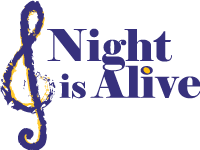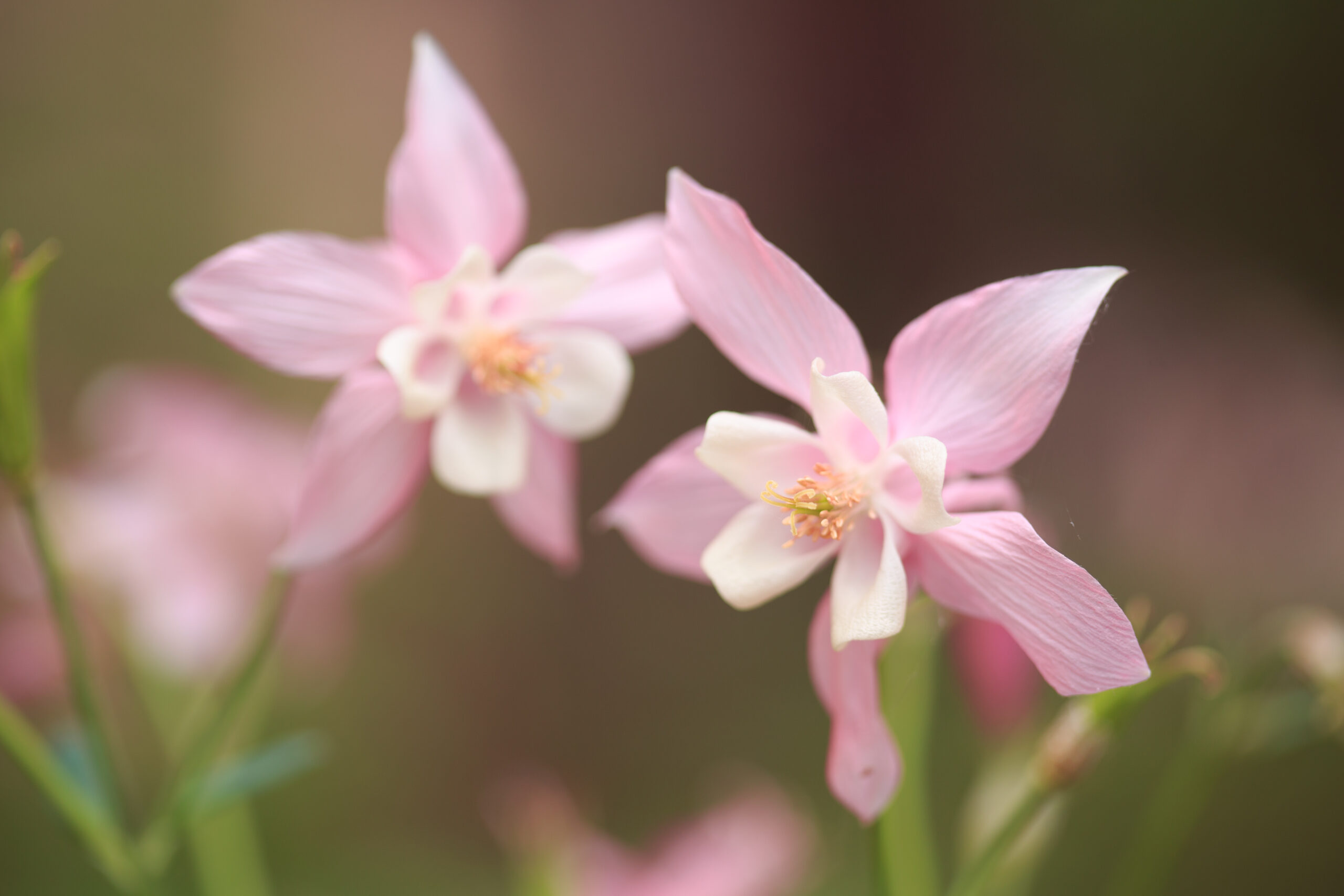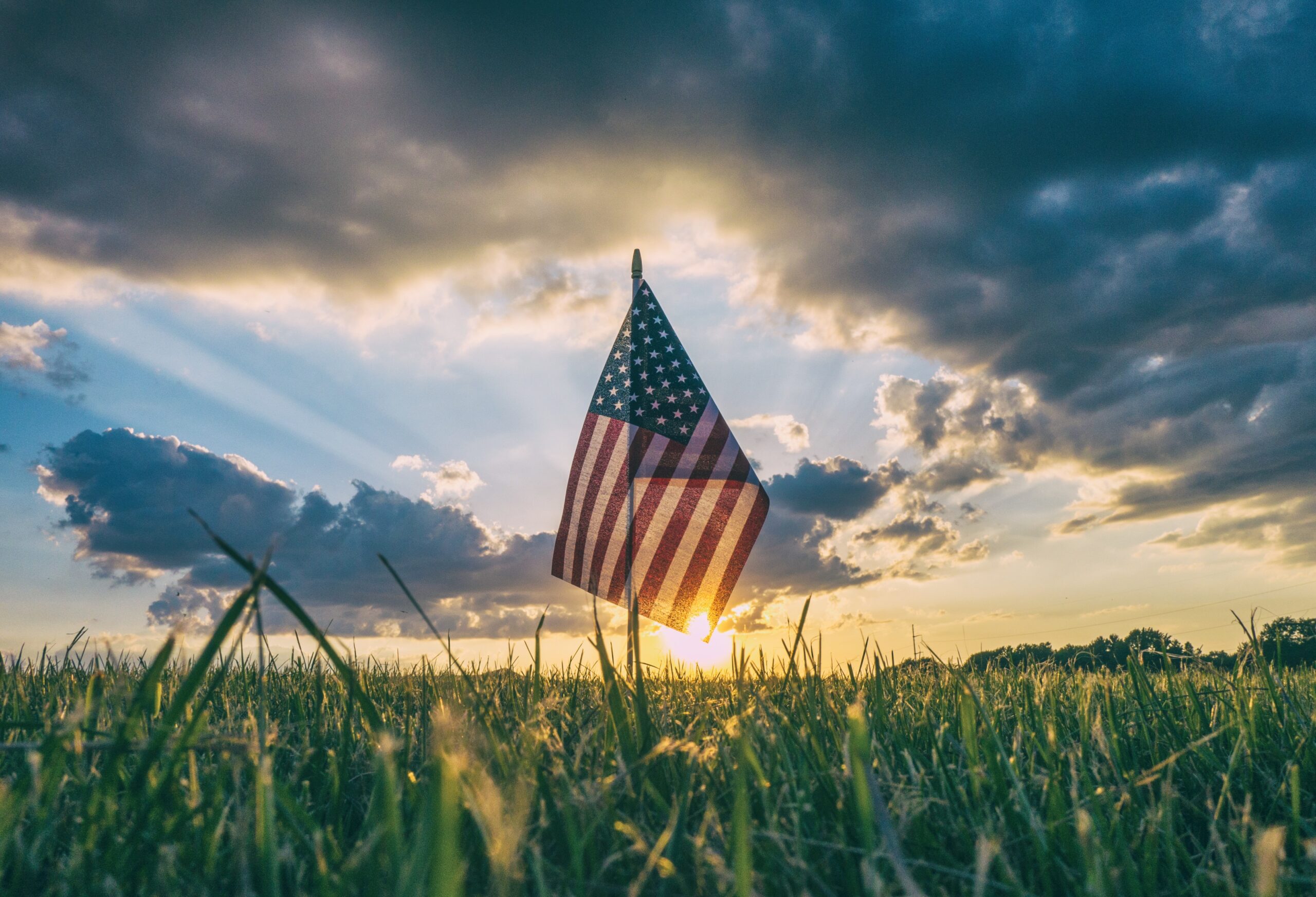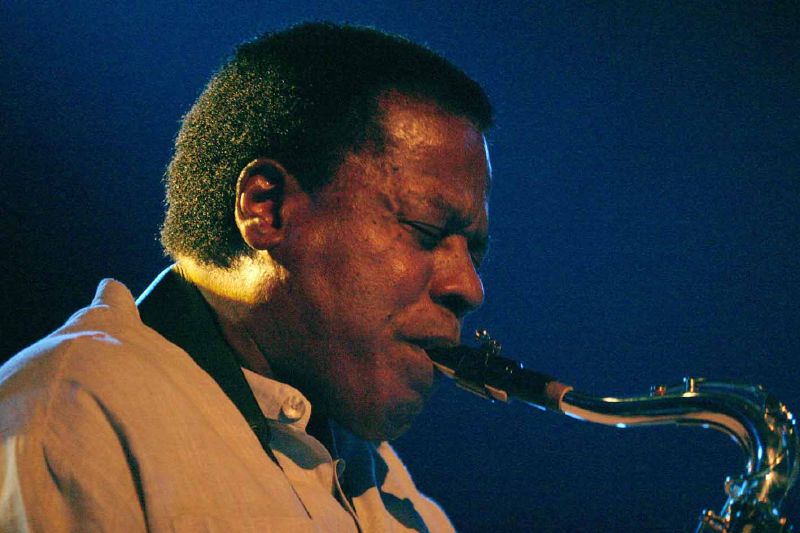Sounds of Spring
Featured Image by Benjamin Lehman
The calendar says that spring is here, no matter what the temperature outside reads. Spring is a time of rebirth and renewal. It is often a joyful season, with the return of outdoor parties and picnics, high school and college graduations, and family and class reunions. It may be a time for remembering people and places that once were familiar to us. Many jazz classics are inspired by spring. They reflect the season’s changing moods, ranging from the merry to the mellow to the melancholic.
1. April in Paris—This classic song was written by E.Y. Harburg and Vernon Duke for the Broadway musical, Walk a Little Faster. It has been recorded many times since then. Perhaps the most famous instrumental version was recorded by Count Basie and his orchestra in 1955.
2. It Might as Well Be Spring—This perennial favorite was written by Richard Rodgers and Oscar Hammerstein for the 1945 musical film, “State Fair.” It won the Academy Award for Best Original Song the following year. The wistful lyrics compare the restlessness, anticipation, and longing to the feeling of having spring fever.
3. Spring Can Really Hang You Up the Most—Lyricist Fran Landesman drew inspiration for this 1955 bittersweet ballad from T.S. Eliot’s poem “The Waste Land.” Versions have been recorded by many artists, including Ella Fitzgerald, Carmen McRae, Sarah Vaughan and Betty Carter.
4. I Remember April—This beautiful ballad has lyrics by Patricia Johnston and Don Raye, and music by Gene de Paul. It likens the way a romance grows and subsides to the seasons of the year and the flames of a fire. Bill Evans and Miles Davis have both recorded notable instrumental versions.
5. Suddenly It’s Spring—This sweet ballad about the blossoming of new love was written by composer Jimmy van Heusen and lyricist Johnny Locke for the 1944 movie, Lady in the Dark. It appears on the album, “Call Me Irresponsible,” featuring vocalist Lucy Wijnands and John Di Martino and the Night Is Alive Band.
6. Spring Is Here—This mournful tune about unrequited love was written by Richard Rodgers and Lorenz Hart for the musical I Married an Angel. Hart is believed to have written the lyrics after several of his marriage proposals were rejected by Vivienne Segal, the musical’s leading lady. Jazz vocalists who recorded “Spring Is Here” include Ella Fitzgerald, Tony Bennett, and Chris Connor. Pianist Bill Evans, bassists Charlie Haden and George Mraz, and vibraphonists Bobby Hutcherson and Joe Locke have recorded the song.
7. Spring Will Be a Little Late This Year—This tune was written by Frank Loesser for the 1944 movie Christmas Holiday, starring Deanna Durbin. The singer reflects on her lost love, but remains confident that ultimately she will get over him. The song remained relatively obscure until the mid-1950s, when it was rediscovered and became a jazz standard.
Author: Patricia Martin for Night is Alive



